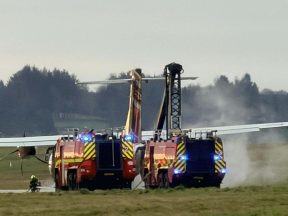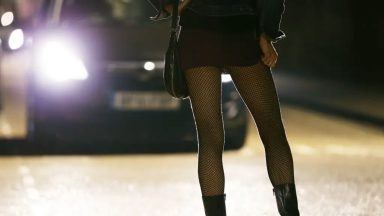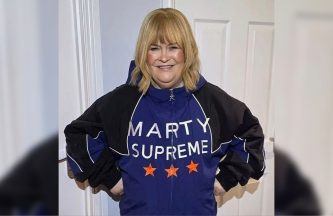An acclaimed Scottish singer says she was offered a slot at a music festival in exchange for sex, as a new report finds that misogyny and discrimination are “endemic” in the music industry.
Iona Fyfe, 26, told STV News she is just one of many Scottish musicians who have reported being attacked, groped or propositioned while performing on the music scene.
She was speaking after a report by the Women and Equalities Committee found there is a “boys’ club” where sexual harassment and abuse is common, and the non-reporting of such incidents is high.
The Musicians’ Union has subsequently issued a warning saying that influential figures preying on Scottish female musicians will be identified and held to account.
Ms Fyfe, the Scots Singer of the Year for 2023, said: “An older, I would say gentleman, but he wasn’t, started chatting and the conversation turned a little bit to the point where he said ‘if you’re a good friend to me and you do what good friends do, then I could probably get you a slot at this festival’.
“I felt powerful to go ‘what’ and then walked on. It was only until a few years later that I realised how inappropriate and predatory that was.
“Everybody should be able to go to work and feel safe – whether that work be in a studio, be in a concert hall, in a folk club, in the back room of a pub, everyone deserves to be able to go to work and work with people that respect them.”
Ms Fyfe says performers don’t speak out about the harassment they face due to feeling afraid of the potential repercussions.

She said: “Unfortunately, there have been times in my life, and in other friends’ careers, where they have been at a CD stall and an audience member has gotten literally a little bit too handsy very much in public, unwarranted touching, unconsensual touching, and at times this could lead to groping in public.
“And at that point you freeze and instead of upsetting a potential customer – someone that’s came to your gig, someone that has listened to you and supported you – you don’t want to upset them and you just freeze and smile, and you don’t call it out at that time and that’s the really scary thing.
“I think perhaps a lot of us have frozen at all the wrong times, and instead of taking the opportunity to call it out then and there, we have rightfully not been able to because it’s such a scary thing.
“Even a few weeks ago, there was a circumstance where I learned of a mutual musician who didn’t feel comfortable in a pub, with a musician coming onto her, and actually two men intervened and asked if she was okay, which is quite nice to see.
“You need male allies but also I think we need to feel empowered to come forward and call it out.”
MPs heard evidence for the report, from the Musicians’ Union, heads of music festivals and record companies, during the misogyny in music inquiry.
The report concluded: “Women in the music industry have had their lives ruined and their careers destroyed by men who have never faced the consequences for their actions.
The committee asked ministers to stop NDAs being used in cases of sexual abuse, harassment, misconduct or bullying as victims are often “threatened into silence”.
It also recommended that suspension of existing NDAs should be looked at along with licensing requirements for studios, music venues, managers of artists and the security staff.
Naomi Pohl, the union’s general secretary, urged women to come forward and report offenders in confidence, without their identities being disclosed.
She said: “We are painfully aware of the abuse and harassment that persists in music and the trad scene in Scotland has been a running theme in reports made by women to us and other organisations.
“We would ask anyone who needs support or advice in confidence, or who wants to name a perpetrator, to contact us at safespace@themu.org.
“If we receive multiple reports about a person, we can take action without naming the complainants. We understand the risks of coming forward for those affected.
“Freelance working makes musicians vulnerable. Some genres of music are held in the tight grip of a few men in positions of significant power. This can’t go on.
“We will be organising women in Scotland’s music scene to ensure that they have equal status and control going forward so abuse can be called out and the perpetrators held to account.”
But Ms Fyfe said she understands why many women don’t come forward to speak about their experiences.
She said: “I think this is tricky because it’s open secrets we’re talking about but I do feel that a lot of people don’t feel comfortable talking about it, because they’re worried that they’re going to lose gigs, they’re going to be branded difficult, they are going to get a reputation as being a ‘liability’ or a difficult woman and they might lose future career prospects over this. So I think that’s why a lot of women are not coming forward and that is totally fine.
“I think the creative industry is a beautifully colloquial industry. Everyone knows everyone, everyone’s maybe worked with everyone, but it does get to the point where there’s a lot of networking, out of formal work-hour networking, where there is alcohol involved.
“Maybe after a gig or after a tour there’s a few drinks and sometimes things do cross a line that is appropriate – and instead of calling it out for how serious it is, people will fob it off and things that are quite serious won’t be taken seriously and won’t be reported.”
The report also found that gatekeepers judge women on their looks rather than ability and work has been lost because of people saying they are “not attractive enough” or do not have “the right body type”.
Employers asking female musicians or some women in a band to promote a “sexy image” is not uncommon, the report also said.
Jenn Butterworth, musician, lecturer and co-chair of The BIT Collective, a community of people interested in addressing gender and wider equalities issues in Scottish folk and traditional music, said: “The trad music scene sits within the broader music industry and within wider society, and it is clear there are issues with harassment and abuse everywhere.
“Our scene is a small, strong and close-knit community, and calling out these issues and being willing and strong enough to talk about them is an act of immense bravery and a positive for the trad scene, and we stand in solidarity with anyone speaking out.
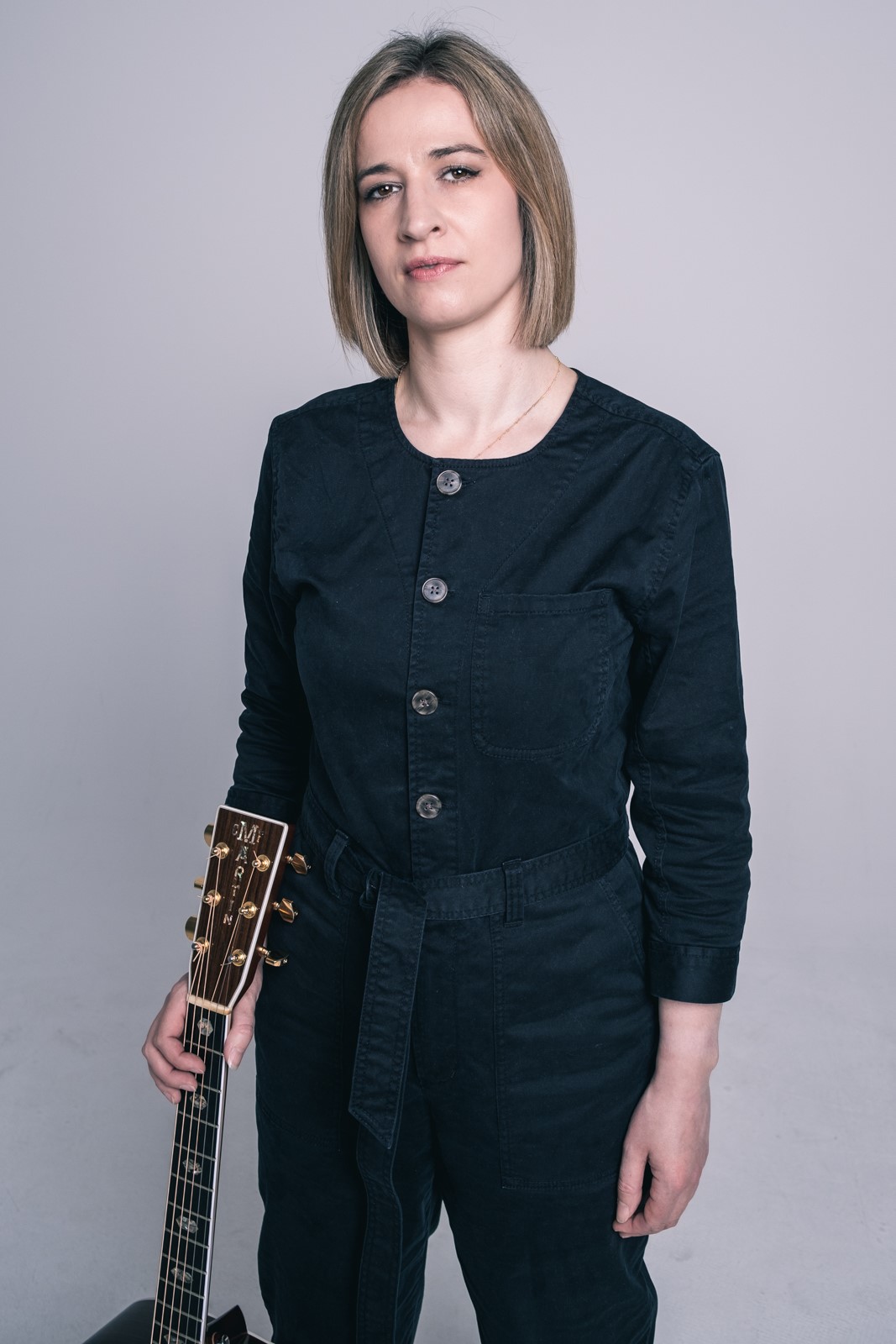 Contributed
Contributed“We hope that the BIT Collective’s continued presence in the community can act as a deterrent for those who may consider behaving unacceptably; a solace and support for those who need it; and a place that can signpost victims to professional services that can support them through legal support or pastoral care.”
There is also a lack of representation at the highest level, the report says, as only one in ten headliners at music festivals in the UK were women in summer 2023 and women represent less than a third of top-selling artists in music and 14% of songwriters.
However, last year seven of the top ten tracks and 13 of the top 20 were by women.
Caroline Nokes, chairwoman of the Women and Equalities Committee, said: “Women’s creative and career potential should not have limits placed upon it by endemic misogyny which has persisted for far too long within the music industry.
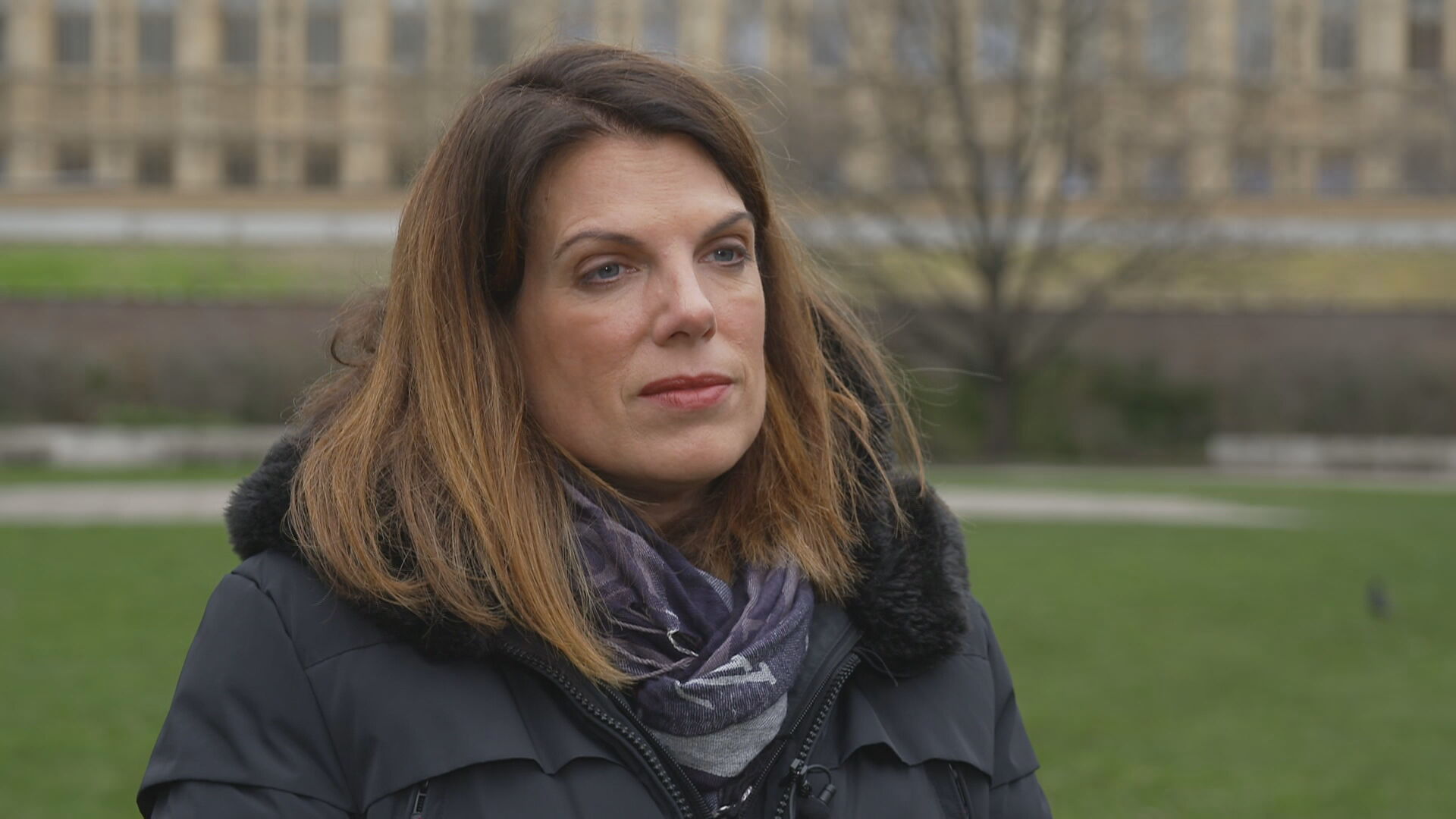 STV News
STV News“Our report rightly focuses on improving protections and reporting mechanisms, and on necessary structural and legislative reforms.
“However, a shift in the behaviour of men — and it is almost always men – at the heart of the music industry is the transformative change needed for talented women to quite literally have their voices heard and be both recognised and rewarded on equal terms.”
The committee also hope that the newly created Creative Industries Independent Standards Authority will shine a light on bad behaviour in the music industry but warned that it is “not a panacea for all of the problems in the industry” and “time will tell whether it has the powers required to drive the changes needed”.
A UK Government spokesperson said it is considering the recommendations and welcomed Creative UK’s work and the creation of the CIISA.
They added: “All women should be able to work in a music sector which is free from misogyny and discrimination.
“The industry must do all it can to ensure there is a supportive and safe working environment and to address any imbalances of power that exist.”
Follow STV News on WhatsApp
Scan the QR code on your mobile device for all the latest news from around the country


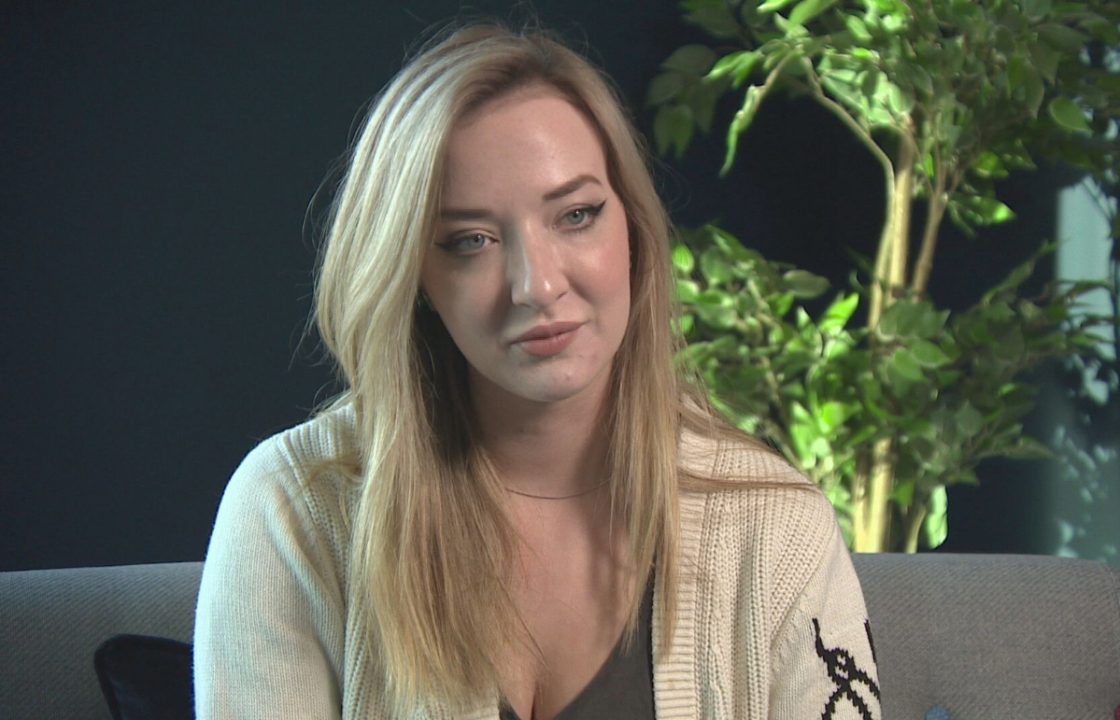 STV News
STV News



